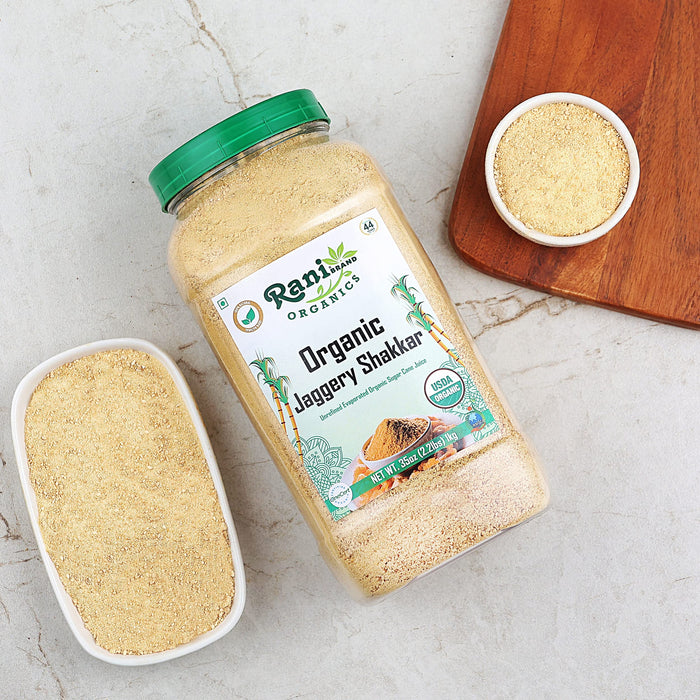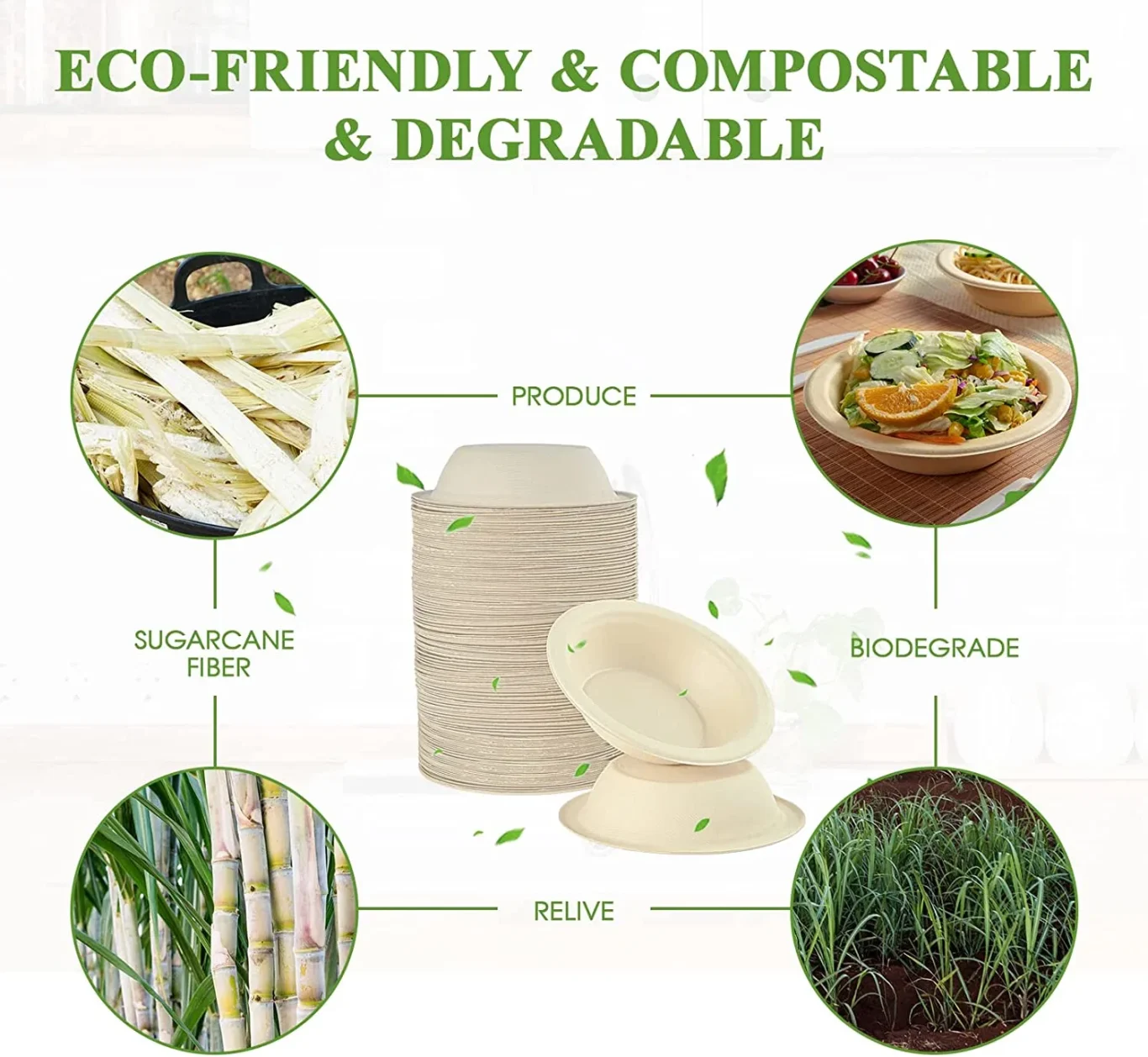Understanding the Manufacturing of Sugarcane Product for Consumers
Understanding the Manufacturing of Sugarcane Product for Consumers
Blog Article
Lasting Sugarcane Products: From Sweeteners to Eco-Friendly Product
The capacity of sustainable sugarcane products expands beyond conventional sugar to incorporate a variety of green items, presenting a compelling instance for their combination right into modern customer practices. As the globe grapples with pushing environmental problems, sugarcane emerges as a versatile source qualified of dealing with both dietary requirements and sustainability goals.
Overview of Sugarcane Sustainability
As the need for eco-friendly products grows, recognizing sugarcane sustainability becomes increasingly vital. Sugarcane, a functional crop, is grown primarily in subtropical and tropical areas, and its sustainability is critical for both ecological health and economic practicality. Sustainable sugarcane farming techniques concentrate on decreasing ecological impact while taking full advantage of performance and earnings.
Key facets of sugarcane sustainability include effective land use, decreased chemical input, and improved water monitoring. Practices such as crop turning, integrated parasite monitoring, and natural fertilization add to dirt wellness and biodiversity. Furthermore, innovative technologies, such as precision farming, help maximize resource usage and minimize waste.
Additionally, sugarcane is a sustainable source, with byproducts that can be used in different sectors, from biofuels to eco-friendly plastics, thereby reducing dependence on nonrenewable fuel sources and lessening carbon impacts. Accreditations like the Bonsucro conventional encourage lasting methods throughout the supply chain, advertising openness and responsibility.

Sugarcane-Based Sugar
Using sugarcane as a key source, sugarcane-based sugar have actually acquired importance as all-natural choices to polished sugars and sweetening agents (sugarcane product). These sugar, originated from the removal and handling of sugarcane juice, provide a variety of products that accommodate diverse customer preferences, including organic and minimally refined options
Raw cane sugar preserves more of the all-natural tastes and nutrients discovered in sugarcane, making it a preferred option for health-conscious consumers. Panela, a traditional Latin American sugar, is generated by vaporizing sugarcane juice, maintaining its all-natural minerals and vitamins.
The growing demand for sugarcane-based sweeteners is driven by boosting awareness of wellness and sustainability issues related to standard sweeteners. By choosing sugarcane-derived items, customers not only support lasting farming methods but additionally add to a healthier way of life, straightening their nutritional options with their environmental worths.
Naturally Degradable Packaging Solutions
Arising as a sensible alternative to standard plastics, eco-friendly product packaging options derived from sugarcane are changing the packaging industry. These cutting-edge products offer an environmentally friendly alternative that attends to the expanding problems over plastic air pollution. Utilizing the all-natural sugars found in sugarcane, suppliers are creating various forms of naturally degradable packaging, including films, containers, and wraps that decay extra rapidly than conventional plastics.
The key advantages of sugarcane-based packaging lie in its renewable sourcing and its ability to break down right into non-toxic by-products. Unlike fossil fuel-derived plastics, which can persist in the environment for hundreds of years, sugarcane packaging generally decays within a few months under proper problems. This reduction in waste not only alleviates garbage dump overflow yet also reduces the carbon footprint connected with packaging products.
Furthermore, sugarcane-derived packaging maintains durable efficiency features, offering comparable longevity and performance to conventional options. As businesses and customers progressively prioritize sustainability, the adoption of biodegradable product packaging remedies represents a substantial action towards a circular economic situation, where products are reused and regenerated instead of thrown out. This shift not just improves brand name picture however likewise adds to a much more lasting future for the click here for more info planet.
Eco-Friendly Textiles and Fabrics
Environment-friendly textiles and fabrics are acquiring traction in the style and home goods markets as customers significantly demand sustainable choices to traditional materials. Amongst the remarkable choices are fabrics derived from sugarcane, which provide an ecologically liable alternative to artificial fibers. These fabrics are produced with a procedure that uses the sustainable sources discovered in sugarcane, dramatically reducing dependence on petroleum-based materials.

Brand names are progressively incorporating environment-friendly fabrics right into their line of product, mirroring a more comprehensive commitment to sustainability. This change is not merely a fad but a needed advancement in response to ecological concerns. As the marketplace for sustainable fabrics broadens, consumers can eagerly anticipate innovative designs that combine style with ecological duty. Inevitably, eco-friendly textiles and materials represent a considerable action toward minimizing the fashion business's ecological footprint while accommodating the growing need for liable customer choices.
Innovations in Lasting Farming
Reinventing agricultural practices, innovations in lasting farming are changing the means crops are grown and handled. These advancements concentrate on minimizing environmental effect while maximizing efficiency and performance. Strategies such as precision farming utilize information analytics and look at this web-site satellite images to enhance source use, guaranteeing that water, fertilizers, and pesticides are applied just where needed. This targeted method not only lowers waste yet additionally improves plant returns.

In addition, agroecology, which incorporates eco-friendly concepts into farming, advertises biodiversity and soil wellness. Practices such as plant turning, cover chopping, and intercropping foster resilient ecosystems that can endure parasites and environment variants - sugarcane product. In addition, the use of organic plant foods and biopesticides adds to healthier soils and communities

Together, these advancements are not just reshaping the agricultural landscape yet also adding to a much more lasting future for sugarcane and other plants, lining up agricultural experiment environmental stewardship.
Conclusion
Lasting sugarcane products represent a considerable advancement in green options, extending from natural sweeteners to eco-friendly products. The farming of sugarcane through sustainable techniques not just improves next page environmental wellness but also adds to economic feasibility. As customer preferences progressively lean in the direction of sustainable options, the convenience of sugarcane as a renewable energy ends up being progressively pertinent. This trajectory underscores the significance of continued development and dedication to lasting techniques within the sugarcane sector, promoting a much more lasting future.
The possibility of lasting sugarcane items prolongs beyond typical sugar to incorporate a variety of green products, presenting an engaging instance for their assimilation right into modern customer techniques. Sustainable sugarcane farming techniques focus on minimizing environmental influence while making the most of efficiency and earnings.
Sustainable sugarcane products represent a substantial improvement in environment-friendly options, extending from all-natural sweeteners to eco-friendly products. The growing of sugarcane via sustainable techniques not just enhances ecological wellness but also contributes to economic feasibility. As customer preferences progressively lean in the direction of lasting options, the flexibility of sugarcane as a sustainable source ends up being increasingly pertinent.
Report this page